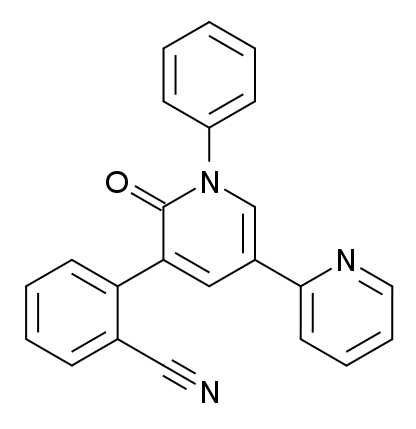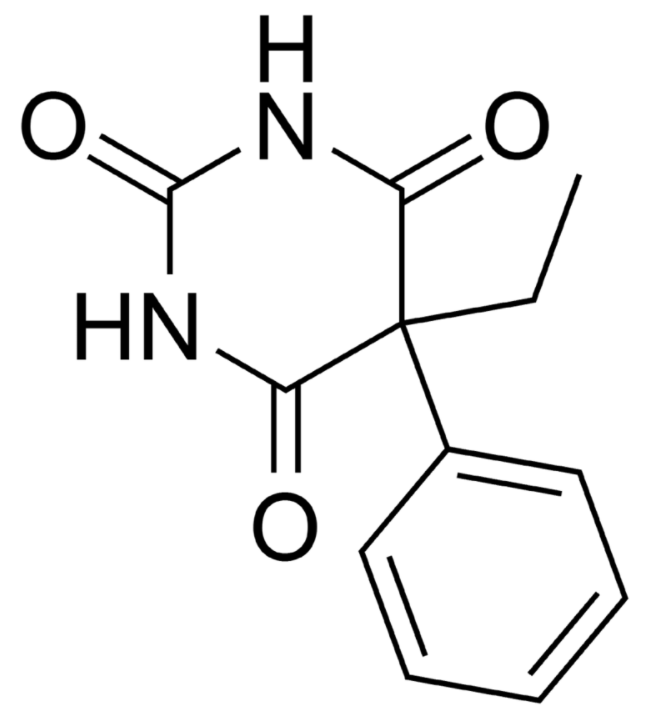Playlist
Show Playlist
Hide Playlist
Questions – Antiseizure Medications
-
Slides Questions Antiseizure Medications.pdf
-
Reference List Pharmacology.pdf
-
Download Lecture Overview
00:01 Here's a great question. We have a child in school. A 7-year-old child is performing poorly in school, with attention difficulties and poor coping skills. An EEG was done which shows 3 Hz discharges, and these discharges last less then 5 seconds of the time. Which drug would be best for this patient? Would it be ethosuximide, phenobarbital, phenytoin, clonazepam or oxazepam? Good, you chose A. Alright, let's go through the answers. Ethosuximide is a first line agent in absence seizures. 00:45 It is non sedating and relatively safe to use in kids. 00:49 B, phenobarb is not a first or even a second line agent. It causes excessive sedation. It is used in neonatal seizures because we like to sedate neonates who are having seizures and it can be protective in them. 01:04 And we do use it in kids or in status epilepticus but we won't use it in kids who are trying to do better in school. 01:12 The next choice phenytoin is not a good choice at all. It is a drug that we used to use a lot in kids, but because of the effects of gingival hyperplasia and other side effects, we've essentially stopped using it in kids. 01:24 It is also risky because kids sometimes missed their doses, and that can actually cause more seizures. 01:31 Clonazepam causes excessive sedation so we don't want to give this to children. 01:35 And oxazepam is rarely used in epilepsy. And the reason why is because it is also sedating. 01:42 Oxazepam however is commonly used in detoxification programs. And it's good because it's a long acting agent, it's not as addictive, and it works very well for those types of seizures that are seen in alcohol withdrawal. 01:58 Here's another great question. It's on phenytoin obviously. Which of the following statements is true about phenytoin? A, the patient will have nystagmus with vertical gaze at normal levels and nystagmus with horizontal gaze at toxic levels. 02:16 B, it is recommended for the treatment of absence seizures. C, it is recommended for the treatment of tonic-clonic seizures. 02:24 And D, it is safe to use in pregnancy. Which is the correct answer? Good, you chose C. Let's talk about why the other answers are incorrect. 02:40 A is wrong. The patient will have nystagmus with vertical gaze at normal levels and nystagmus with horizontal gaze at toxic levels. That's incorrect. 02:51 The way that I remember this is that if you have to look up, you're looking up high and you know the drug levels are high. 02:56 So, nystagmus occurs at toxic levels when you have vertical gaze. 03:02 And when you have horizontal gaze, looking from left to right, and they develop nystagmus, that's probably meaning that they're at therapeutic levels. 03:09 B, it is recommended for the treatment of absence seizures. Absolutely not. 03:15 And finally D, it is safe to use in pregnancy. No, it's not. It's actually a category D drug. 03:21 And I actually put it as choice D on purpose so that it maybe triggers another memory. It is not safe to use in pregnancy. 03:28 Okay, there you have it. I'm sure that you'll do well in your exams. Good luck.
About the Lecture
The lecture Questions – Antiseizure Medications by Pravin Shukle, MD is from the course CNS - Pharmacology.
Included Quiz Questions
What is an adverse effect of phenytoin?
- Gingival hyperplasia
- Inhibition of cytochrome P450
- Syndrome of inappropriate ADH
- Peptic ulcer disease
- Weight gain
What statement is true regarding ethosuximide?
- It is the drug of choice in the treatment of absence seizures.
- It is used in detoxification programs.
- It is contraindicated in neonatal seizures because of its sedative effect.
- It is the first-line choice in the management of status epilepticus.
- It has an unknown side effect profile in children.
Customer reviews
5,0 of 5 stars
| 5 Stars |
|
5 |
| 4 Stars |
|
0 |
| 3 Stars |
|
0 |
| 2 Stars |
|
0 |
| 1 Star |
|
0 |





